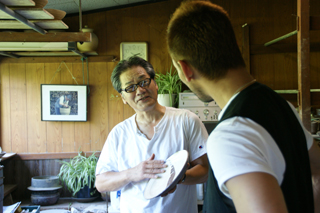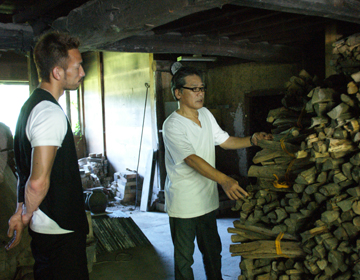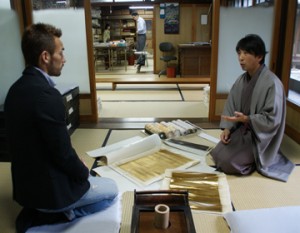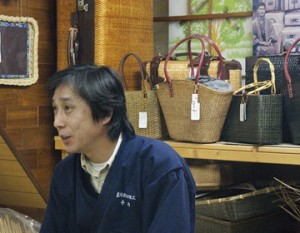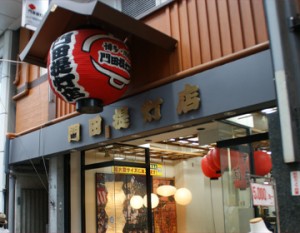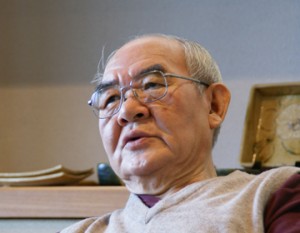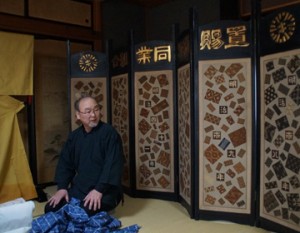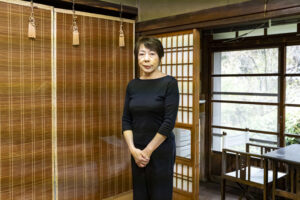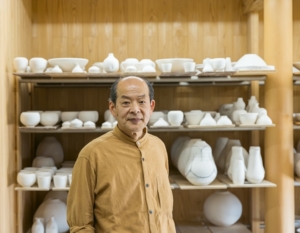Dynamic “wazumi”
”Echizen-yaki” is considered one of the six old kilns of Japan. Burnt without the use of glaze, it takes on a genuine, modest and profound texture. ”Echizen-yaki” has a long history, reportedly dating back to the Heian period, and has been used to make kitchen utensils such as pots. When tea gained great popularity in the Edo period, other potters started making tea ware. But Echizen ware did not follow suit and stuck with daily commodities.
Nearly 80 pottery workshops of ”Echizen-yaki” are said to exist today. Nakata visited Tairagama, the only potter that continues a technique called ”wazumi”. Dating back to the Heian period, ”wazumi” is also referred to as Echizen dai-nejigametate and involves rolling clay into a string-like hammer, and piling them up to create the pot without using a potter’s wheel. Without a wheel, the craftsman moves around the pot to stretch the pile of clay. This is the same as an African pottery technique and results in a dynamic form and natural texture.
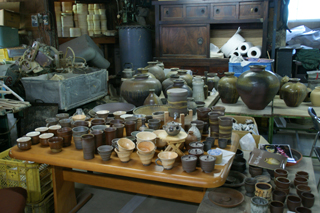
Pursuit of natural texture
Fujita Juroemon, who has carried on the techniques, makes orthodox pots which are characterized by good soil quality soil and mold well in the hand. While carrying on the tradition, he also pursues ideal ways for his pots to have affinity with the lives of today’s people.
Over time, there have been fewer opportunities to make large pots using the ”wazumi” technique, and the potter’s wheel is the preferred method. Sawtooth oak wood is put into the kiln. The ash is heavier than pine, so it creates a greater variation in the appearance of the soil, one of the characteristics of ”Echizen-yaki”. The pot is left burning in the kiln for six days.
“A pot takes on interesting appearance by being treated very roughly in the kiln.”
Fujita told us that he enjoys observing how nature brings out texture in each pot.
”Echizen-yaki” is a product of the climate of Fukui. Touch it will bring a sense of comfort and familiarity.
